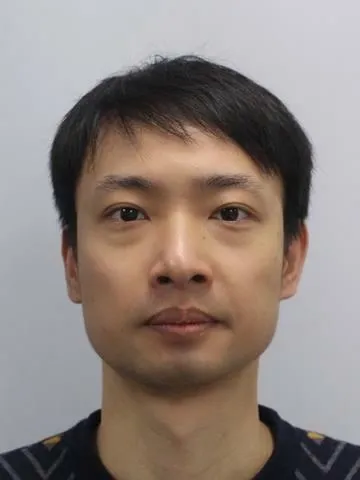About the project
This project uses physics-informed machine learning to model how perforated surfaces contribute to noise reduction in complex flows. You’ll develop a fundamental understanding and predictive tools to advance noise-control design for transport and HAVC systems, translating advanced AI modelling into practical engineering solutions.
Perforated surfaces are widely used for noise reduction under flow conditions. They typically act as a protective layer, preventing the flow from penetrating the acoustic treatment, while simultaneously influencing the dissipation of acoustic energy. Accurately predicting their performance under realistic flow conditions remains a major challenge in aeroacoustics due to the complex coupling between hole geometries, flow, and sound. These effects are difficult to capture theoretically or numerically, limiting our ability to design advanced noise-control systems. This project addresses this challenge by pioneering the use of physics-informed machine learning to model the acoustic response of perforated surfaces in complex flows.
You'll develop high-fidelity models and survey published data to characterise the coupled behaviour between flow, surface geometry, and acoustic excitation across a broad physical regime. Building on this understanding, you will integrate detailed simulation results and experimental datasets into physics-informed neural networks (PINNs), creating robust predictive models that bridge theory, data, and computation. This approach moves beyond traditional semi-empirical methods and computationally expensive high-fidelity simulations, providing a digital framework for predicting and optimising noise-control performance across a wide range of operating conditions.
Working at the intersection of AI, aeroacoustics, and fluid dynamics, you'll gain expertise in physical modelling, numerical simulation, scientific computing, and data-driven modelling. You'll also have the opportunity to collaborate with researchers at LAUM and leading industrial partners. You'll join the Acoustic Group and benefit from a dynamic, interdisciplinary research environment at the Institute of Sound and Vibration Research (ISVR), with access to state-of-the-art facilities, including one of the largest HPC facilities in the UK, and a vibrant postgraduate community. Opportunities include international conferences, workshops, training events, and engagement with a global network of researchers and industry experts.
The School of Engineering is committed to promoting equality, diversity inclusivity as demonstrated by our Athena SWAN award. We welcome all applicants regardless of their gender, ethnicity, disability, sexual orientation or age, and will give full consideration to applicants seeking flexible working patterns and those who have taken a career break. The University has a generous maternity policy, onsite childcare facilities, and offers a range of benefits to help ensure employees’ well-being and work-life balance. The University of Southampton is committed to sustainability and has been awarded the Platinum EcoAward.
